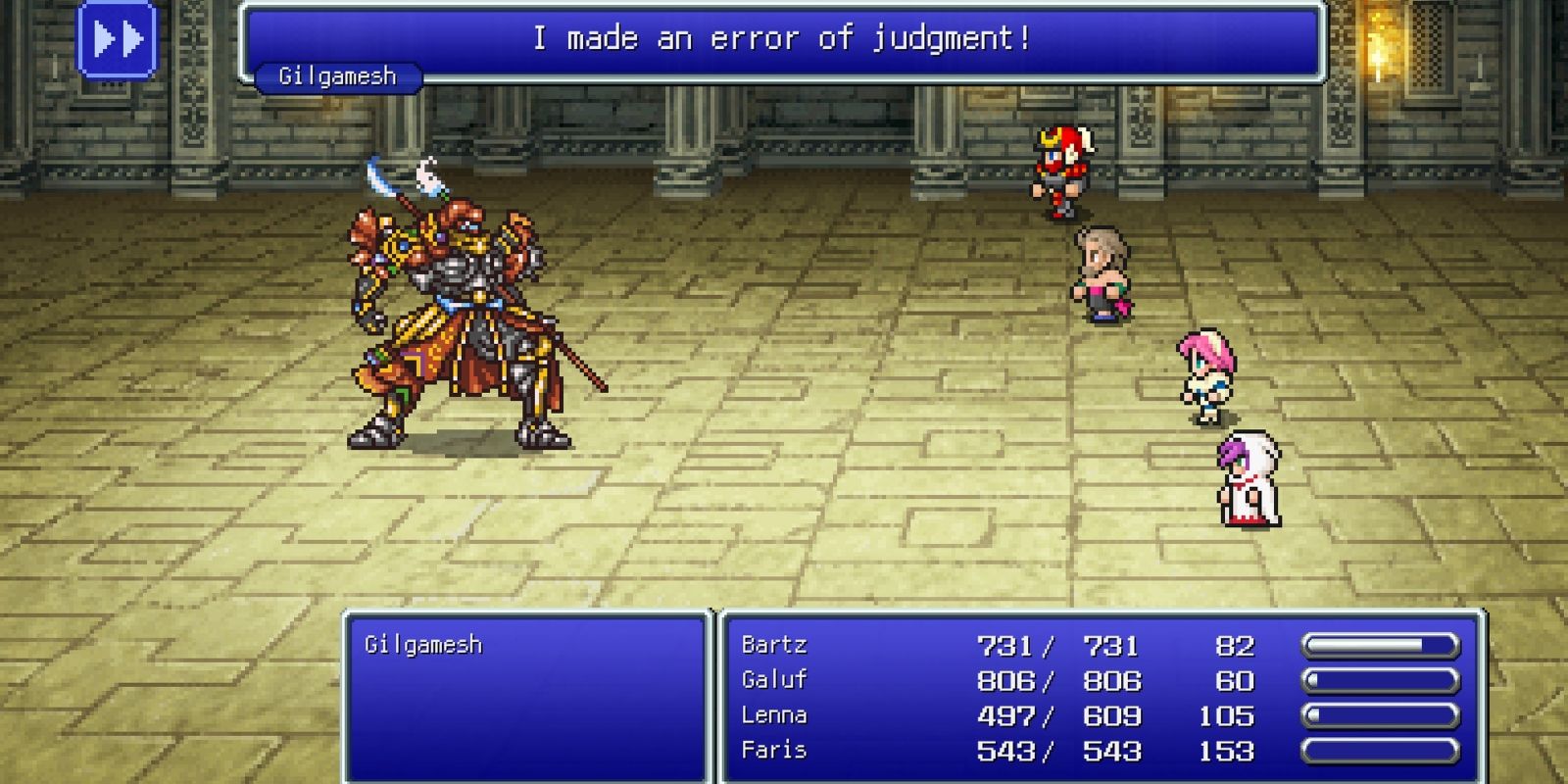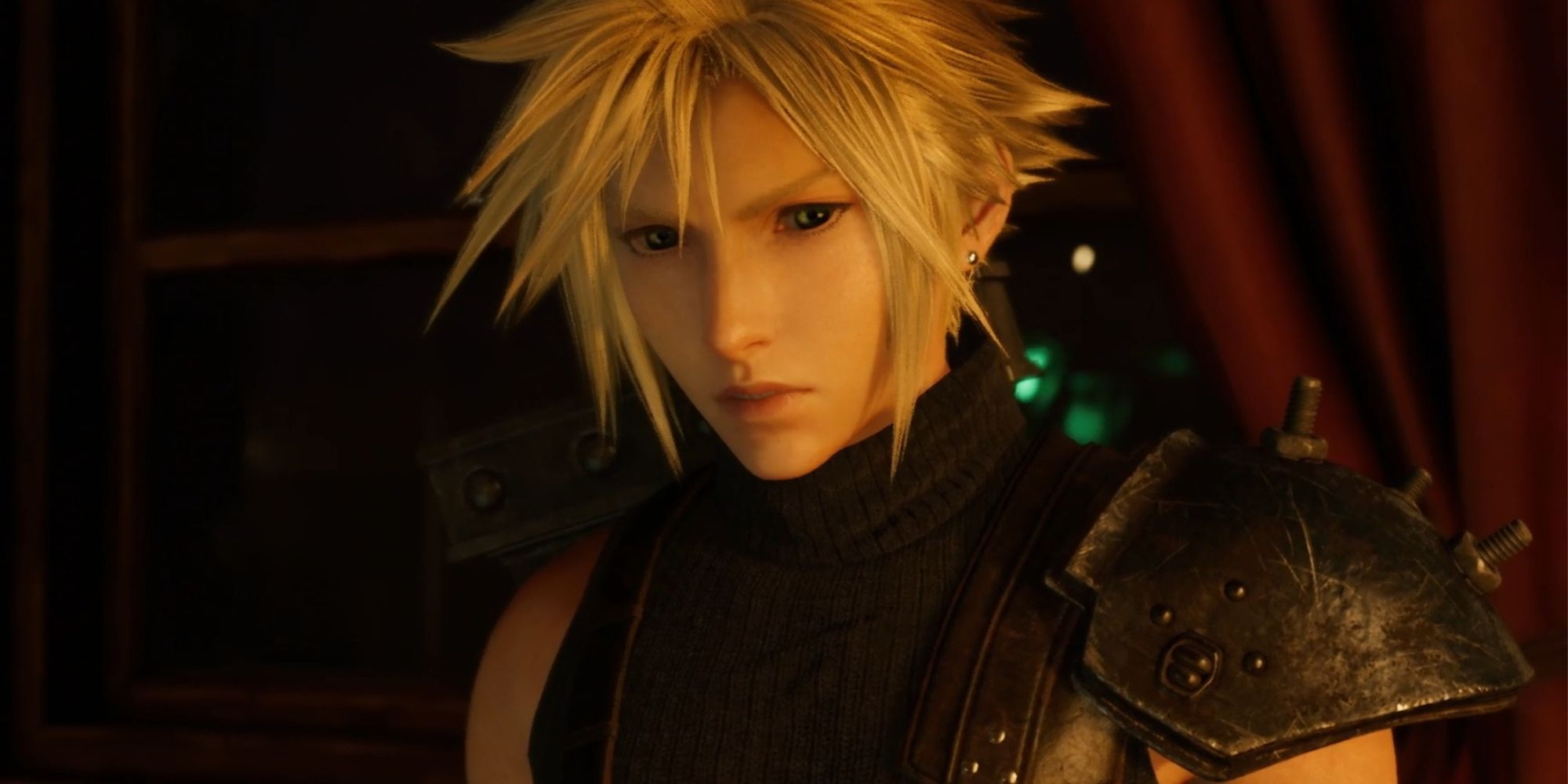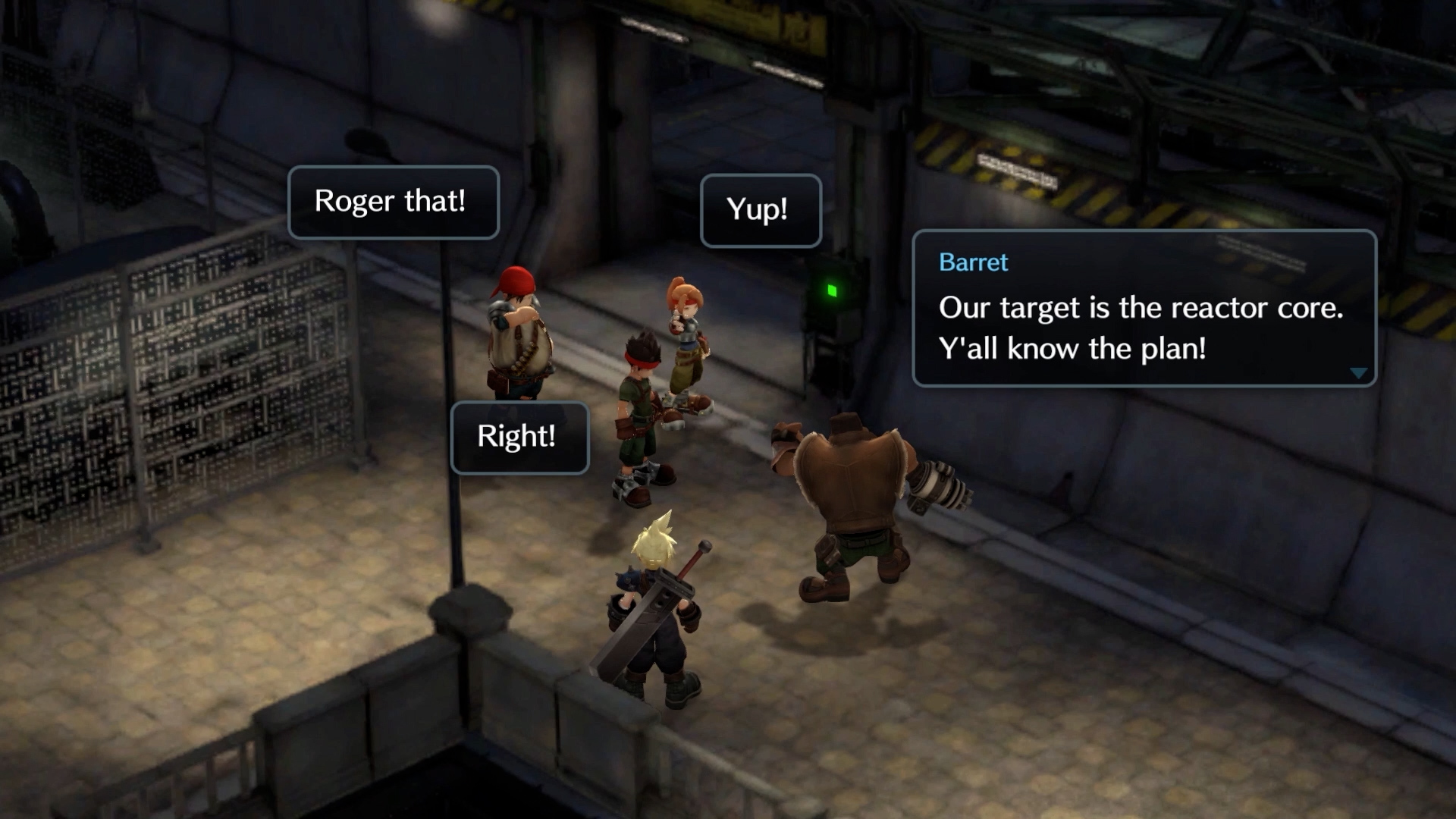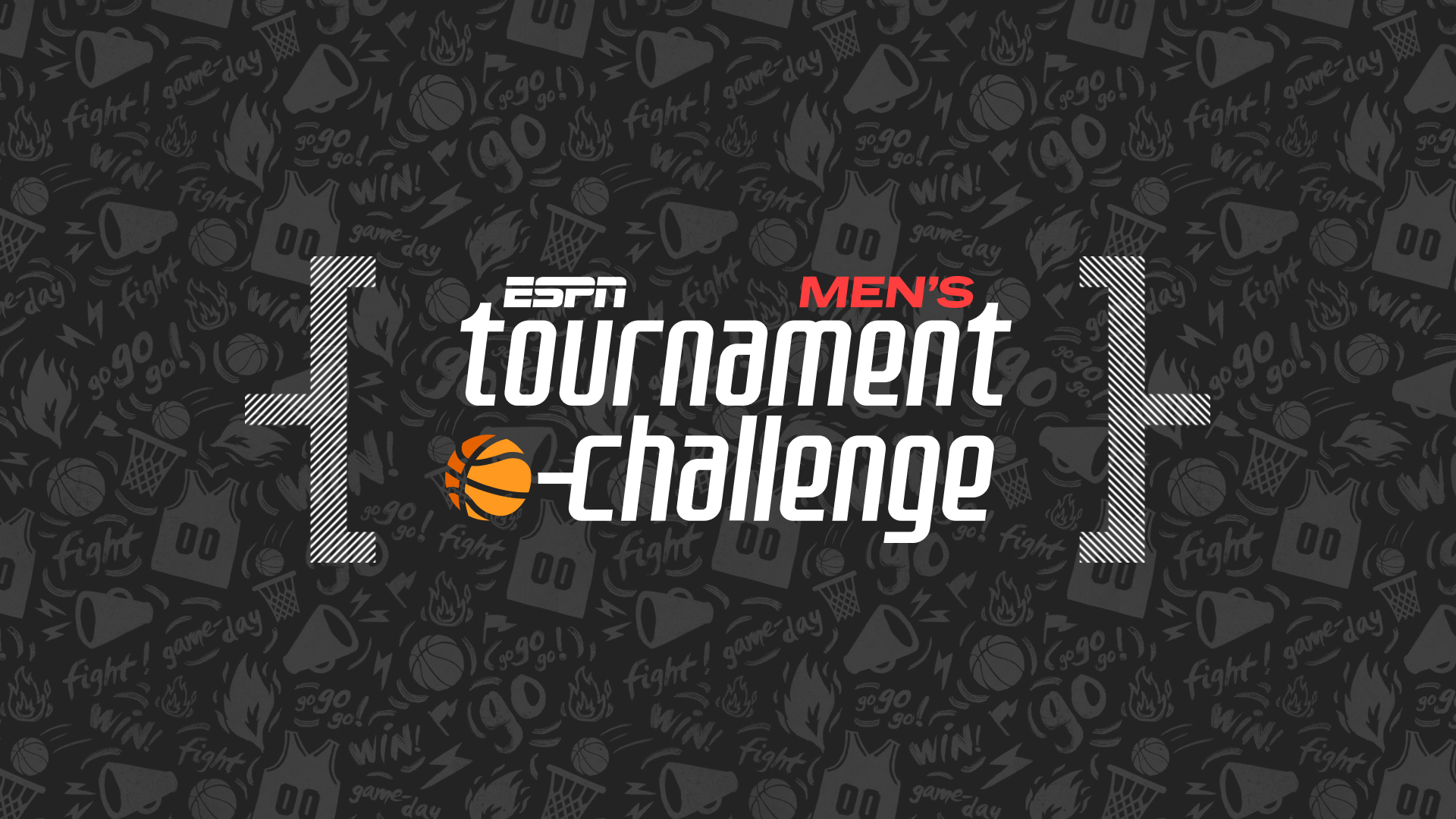A Failure of Fantasy Escapism
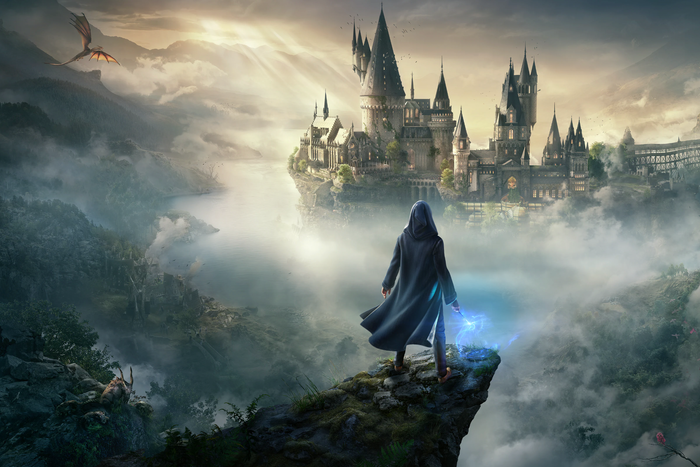

Picture: Avalanche Software program
“Does it get any extra cozy than Hogsmeade?” The primary time you hear this chorus in Hogwarts Legacy, the brand new blockbuster open-world online game primarily based on the Harry Potter franchise, chances are you’ll end up agreeing along with your character, who has simply stated it. The higgledy-piggledy Hogsmeade Village is certainly cozy, a market city crammed with a plethora of retailers to buy varied wizarding wares. Then, as you hear the phrase for the fifth, tenth, and fifteenth time, chances are you’ll start to really feel as if the long-in-development online game is attempting too onerous to persuade you of this reality. Its repetition sums up virtually all the emotional register of Hogwarts Legacy — the wish-fulfillment fantasy of inhabiting the Potterverse it seeks to supply and the insecurity with which it does so. That is an insecure sport, one you’ll be able to inform is buckling underneath the load of every thing that accompanies it: the discourse, fan expectations, and J.Okay. Rowling herself.
When Hogwarts Legacy was introduced in September 2020, the reveal trailer seemingly promised every thing game-playing Potterphiles had lengthy craved. Exhibiting varied witches and wizards engaged in quintessential Wizarding World actions — donning the Sorting Hat, brewing potions, battling fantastical creatures — it appeared Avalanche Software program, the studio growing the sport, was cooking up an open-world role-playing sport to lastly scratch the magical-boarding-school itch after years of subpar video video games. The trailer spoke of gamers including their “personal story” to the “hallowed partitions” of Hogwarts and “shaping the long run” of the Wizarding World. For a era of readers who had grown up wishing they’d obtained a Hogwarts acceptance letter, it appeared like the following neatest thing. Warner Bros., the house owners of the Harry Potter IP, clearly needed this sport to attraction to everybody and all play kinds, and that very first trailer tried to preemptively tackle the divided cultural waters that the sport could be launched into. “Magic,” the trailer stated, “binds collectively our lengthy historical past.”
Sadly — for plenty of causes — Hogwarts Legacy affords a decidedly middle-of-the-road tackle wizarding cosplay. The sport helps you to create any sort of character you want, together with one that’s trans-inclusive by advantage of pairing masculine and female traits. However no matter their identification and nevertheless onerous chances are you’ll attempt to swing their ethical compass (by means of the casting of spells like avada kedavra — the so-called “killing curse”), the story follows the identical broad beats over the course of a faculty yr. A goblin named Ranrok is main a revolt: You should assist quell it, all whereas making associates and attending class.
The precise gameplay, the elements that come closest to creating you’re feeling such as you’re an precise Hogwarts scholar, are mildly profitable. There’s an undeniably nostalgic allure to exploring the labyrinthine corridors of Hogwarts. The fortress is stuffed with mysteries: hidden doorways, disappearing staircases, shifting work, a string quartet of devices that play themselves — many parts of visible and audio design coalescing right into a genuinely wondrous interactive entire. So too are the encircling Scottish Highlands, the place the majority of the open-world adventuring occurs. They’re beautiful to gaze upon, altering shade evocatively with every passing season. Nevertheless, the identical can’t be stated of its forged of scholars, lecturers, and villains, who’re notably flat and two-dimensional in each animation and dialogue. Hogwarts and its hinterland seems like an uncanny valley populated by earnest, plum-voiced poshos. It’s a pretty-looking void, and the real-world circumstances of Harry Potter naturally fill it.
Hogwarts Legacy was at all times going to be the product of a fragile balancing act, possible distancing itself from Rowling’s dangerous transphobic views whereas staying true to its broadly beloved supply materials (which has itself been accused of classism, racial insensitivity, and antisemitism). An awkwardly worded FAQ on the sport’s web site speaks to exactly this dynamic. It states that whereas Rowling was “not concerned within the creation of the sport,” Avalanche “collaborated carefully along with her staff on all facets of the sport.”
The legacy of Rowling and the broader Harry Potter franchise, their more and more shut proximity to problems with the ostensible tradition struggle, looms over each facet of the sport. True, you’ll be able to create a trans character, and there may be even a trans landlady referred to as Sirona Ryan, proprietress of a pub referred to as the Three Broomsticks. Elsewhere, lecturers and college students supply a extra progressive tackle racial range than Rowling’s authentic work (which features a paper-thin Asian character named Cho Chang) does. Amongst many others, you’ll meet Professor Onai and her daughter, Natty, each of whom have lately moved to Hogwarts from Uganda. However their characterization isn’t a lot deeper than Chang’s. You hear little or no about Natty’s authentic house in Matabeleland, Zimbabwe, or the world’s largest wizarding college, which she attended, Uagadou. And also you be taught even much less about how she’s adjusting to her new life. The end result seems to be trendy however feels skinny — a weak gruel of identification illustration.
In different methods, Hogwarts Legacy seems virtually too reverential towards its fictional forebears, serving up eerie digital echoes of characters that seem within the films. As a substitute of Professor Snape, you will have the equally cantankerous Professor Sharp; Sebastian Sallow is the well-intentioned greatest buddy standing in for Ron Weasley. Ron’s ancestor Professor Matilda Weasley, in the meantime, is the strict however maternal substitute for Professor McGonagall. Additionally, you will encounter varied home elves whose massive, forlorn eyes proceed to talk to their perpetual enslavement (racial determinism is alive and kicking right here as in Rowling’s fiction) in addition to the aforementioned goblins whom we’re informed ought to know their place, surfacing doubtlessly antisemitic tropes acquainted from the unique films.
What turns into clear after spending over 20 hours with Hogwarts Legacy is that any sort of reckoning with its supply materials can go solely to date when the only artistic intention seems to be satisfying the needs of its growing older viewers. Maybe much more than the fantasy of the Wizarding World itself, the sport, in trying to clean out Rowling’s tough edges, appears to wish to present the fantasy that its magical supply materials remains to be able to providing frictionless escapism, a consolation blanket for the true world quite than one thing that’s a part of it.
This, after all, is a fallacy, because the fallout to the sport’s launch continues to show. Ever because it was introduced in September 2020, three months after Rowling printed a 3,669-word weblog publish on her web site explaining, trying to disclaim, however finally reiterating her anti-trans views, there have been calls from followers and creators to boycott Hogwarts Legacy. When one presumably former fan tweeted Rowling in October 2022 asking her how she slept at evening figuring out she had misplaced an enormous viewers from shopping for her books, the creator responded: “I learn my most up-to-date royalty cheques and discover the ache goes away fairly rapidly.” Such a response solely intensified boycott calls which, predictably sufficient, had been adopted by a rash of pre-orders meant to spite these boycotting.
Hogwarts Legacy has even prompted a mini-crisis in video games journalism. Some retailers, equivalent to Canadian publication TheGamer, determined to not cowl the sport as a gesture of solidarity with trans individuals and readers who help the boycott. One, the British website Rock Paper Shotgun, opted to publish a sequence of articles about magic-focused video games with a “particular emphasis on magic video games made by trans builders.” IGN, in the meantime, one of many largest gaming retailers, drew fierce criticism for its ebullient 9 out of 10 evaluate that failed to incorporate a single point out of Rowling. As a substitute, the location included a sidebar with the header “Regarding J.Okay. Rowling,” which laid out its editorial stance of tackling the views of the franchise creator individually to that of the sport. “As critics, our job is to reply the query of whether or not or not we discover Hogwarts Legacy to be enjoyable to play,” the editor’s word defined, thereby returning video games criticism to the times when titles had been mentioned solely as shopper merchandise quite than as cultural artifacts.
However as on-line discourse continued to middle on the anti-trans Rowling, a 16-year-old trans lady was murdered within the creator’s native U.Okay. Then, practically every week later, the New York Occasions printed an opinion piece titled “In Protection of J.Okay. Rowling,” referencing the uproar over Hogwarts Legacy which the creator describes as a “horrible disgrace.” None of this furor has impacted the sport’s industrial efficiency. In accordance with its chart-topping place throughout each platform and console for which it has been launched, Hogwarts Legacy has ensured that the Wizarding World continues to print cash for the already unfathomably wealthy Rowling.
There’s something faintly surreal seeing such a mean sport generate such intense dialog (though, from a trans perspective, I can perceive why). Rowling’s authentic fiction was by no means essentially the most authentic (an argument the good Ursula Okay. Le Guin made convincingly), however Hogwarts Legacy is spinoff in a brand new approach, cribbing not from fantasy classics however principally forgettable open-world video games of the 2010s. It even displays poorly when thought of alongside the dreadful Unbelievable Beasts films. That stated, for all their varied failures, the Unbelievable Beasts movies not less than have some thematic enamel, contemplating how magic is likely to be wielded within the period of rising fascism throughout the Twenties. Hogwarts Legacy has little on this regard, as an alternative relaying a banal story about goblins who ought to know their place (problematic, too, if you wish to get into it), and a limp subplot involving nasty animal poachers.
However then, that is quite the purpose. Hogwarts Legacy — developed throughout a time when the Unbelievable Beasts franchise has limped on to ever-diminishing crucial and industrial returns — doesn’t seem to have been designed to say something besides what’s going to retain followers of the unique books and films. A couple of new ones might but be welcomed into the fold, but when the Potterverse is to outlive (and there are nice arguments why it shouldn’t), it might want to do greater than what is going on right here: The treacly nostalgia is laid on so thick it’s stupefying.

